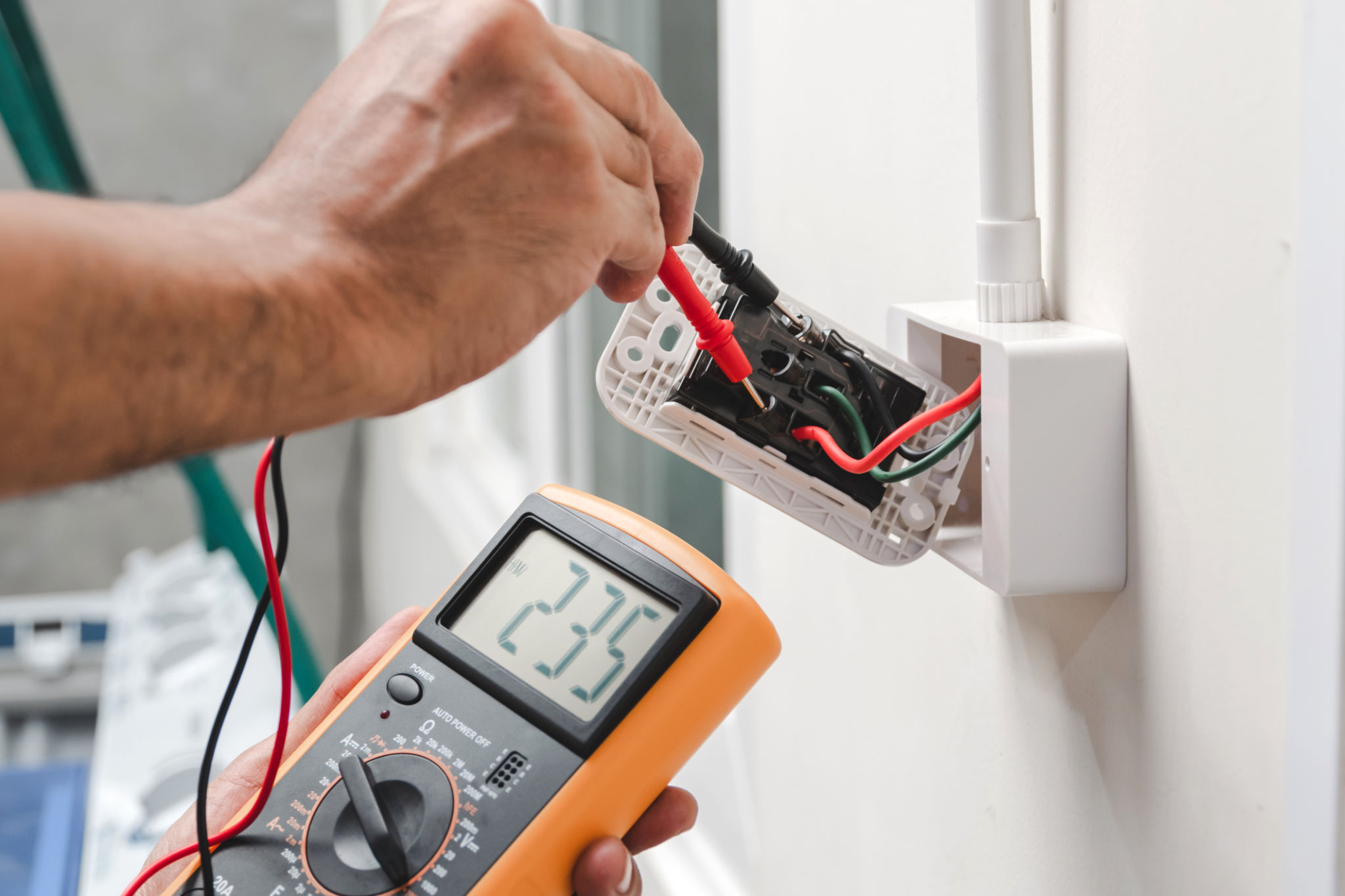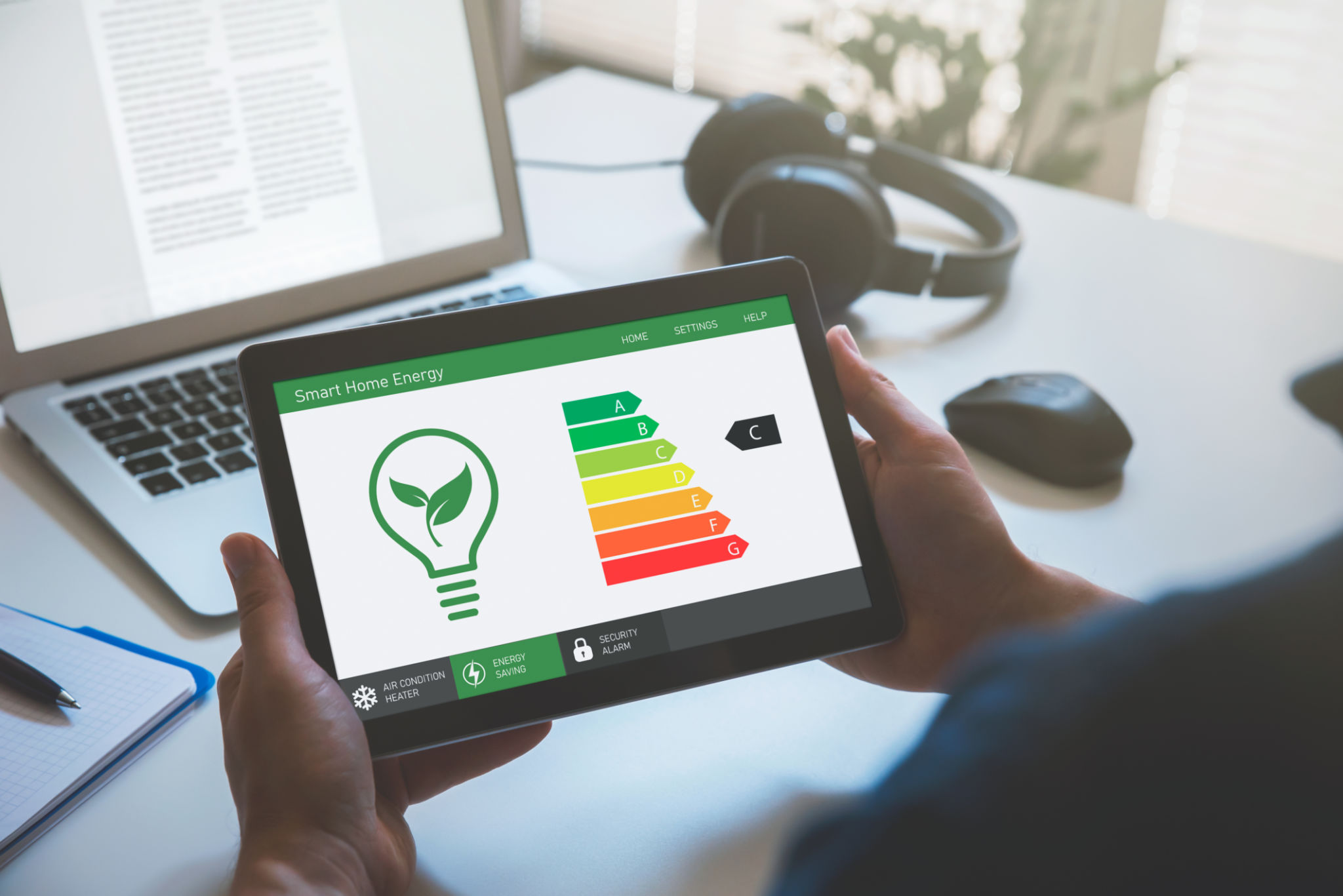Preparing Your Home's Electrical System for Seasonal Changes
Understanding Seasonal Electrical Challenges
As the seasons change, so do the demands on your home's electrical system. Each season brings different weather conditions that can affect how electricity is distributed and used throughout your home. Preparing your electrical system for these changes can help prevent potential issues and ensure a safe and efficient energy usage year-round.
Winter, with its colder temperatures, often leads to increased use of heating systems and electric blankets, while summer may see a rise in air conditioning usage. Being proactive about these shifts can save you money and keep your home running smoothly.

Inspecting Your Electrical System
One of the first steps in preparing your home's electrical system for seasonal changes is conducting a thorough inspection. This includes checking all outlets, switches, and electrical panels for any signs of wear or damage. If you notice any frayed wires or discolored outlets, it may be time to call in a professional electrician.
Regular inspections can help you identify potential problems before they become serious issues. Make sure to test your smoke detectors and carbon monoxide detectors as well, ensuring they have fresh batteries and are functioning correctly.
Adjusting to Weather Conditions
Weather conditions can significantly impact your electrical system's performance. For example, during stormy seasons, power surges are more common due to lightning strikes. Installing surge protectors for your most valuable electronics can help prevent damage from unexpected power spikes.

In colder months, ensure that exposed wiring is adequately insulated to prevent freezing and potential short circuits. Insulation not only protects the wiring but also helps maintain energy efficiency in your home.
Optimizing Energy Usage
With each seasonal change, it's beneficial to reassess your energy consumption habits. In winter, consider using programmable thermostats to regulate heating, thereby reducing unnecessary energy use. In summer, ceiling fans can be an energy-efficient alternative to air conditioning.
- Switch to LED bulbs for more efficient lighting.
- Unplug devices that are not in use to reduce phantom loads.
- Utilize natural light during daylight hours to lower electricity usage.

Maintaining Outdoor Electrical Features
Don't forget about any outdoor electrical features you may have, such as lighting or water features. Ensure that all outdoor outlets are equipped with Ground Fault Circuit Interrupters (GFCIs) to prevent electrical shock hazards, especially in wet conditions.
Regularly check extension cords and outdoor wiring for any damage caused by weather exposure, and replace them if necessary. Protecting these components will extend their lifespan and enhance safety around your home.
Final Checks and Professional Help
Before each season fully sets in, perform a final check of your entire electrical system. Address any lingering issues and consider hiring a professional electrician for a comprehensive evaluation if you're uncertain about any aspect of your system.
Remember: A well-maintained electrical system not only functions more efficiently but also reduces the risk of electrical fires and other hazards. By taking the time to prepare for seasonal changes, you're investing in the safety and comfort of your home.
